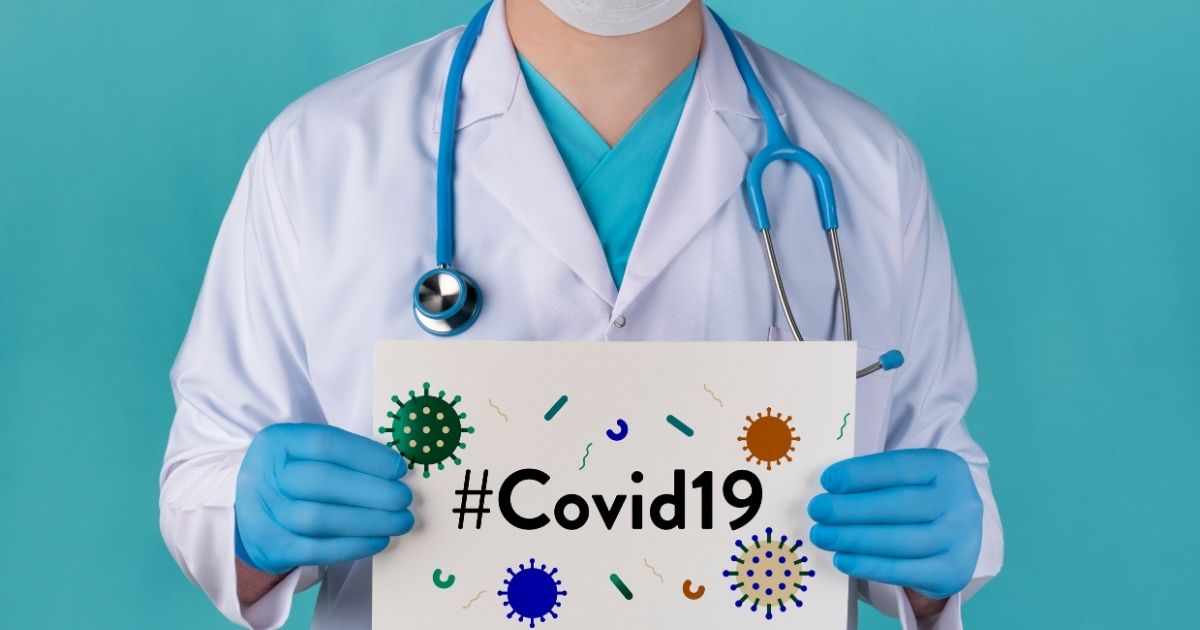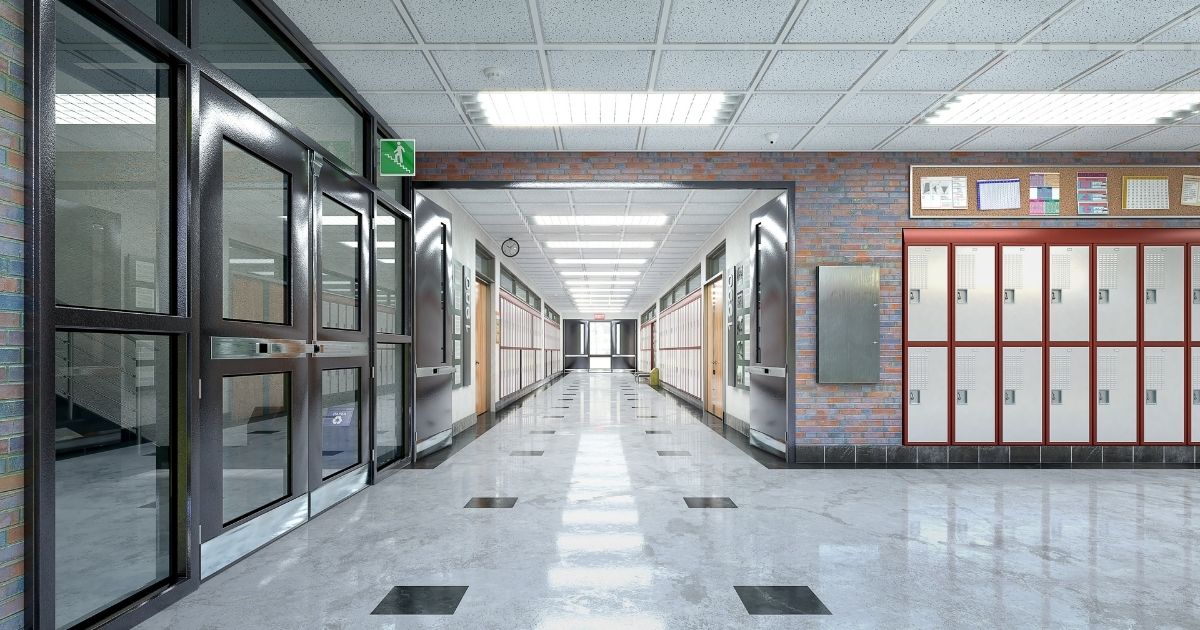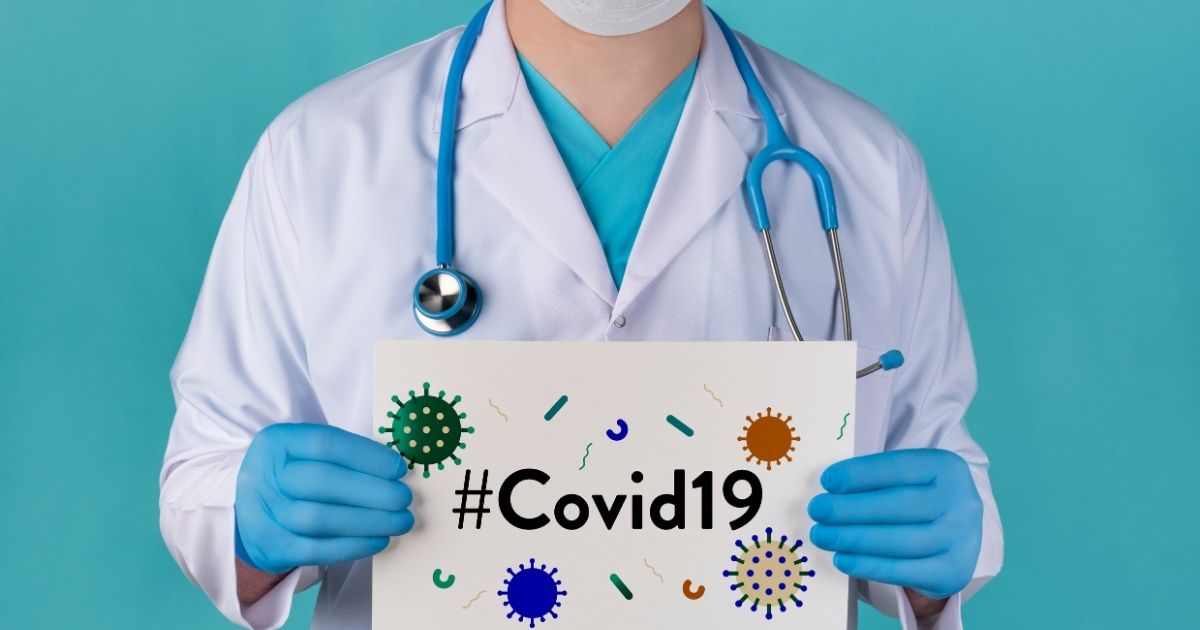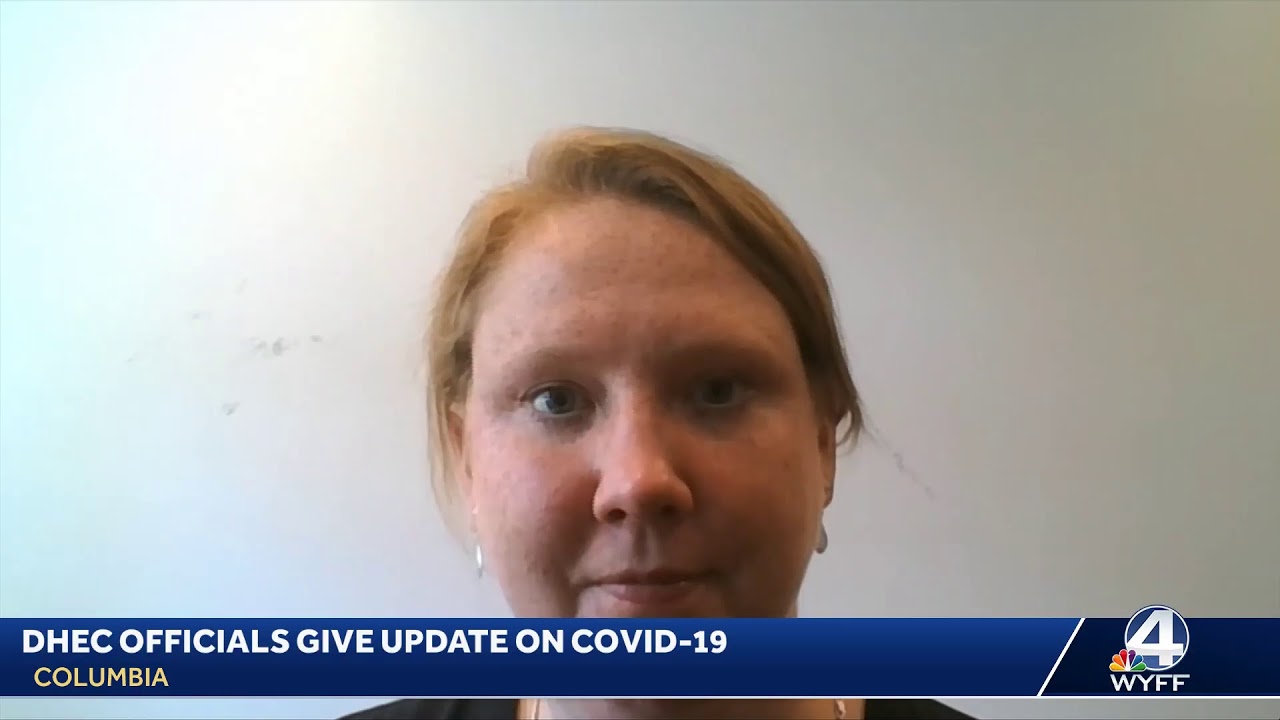As the Delta variant spreads and nearly 56% of eligible South Carolina residents still remain unvaccinated, the state is experiencing a dramatic, yet totally avoidable rise in Covid-19. In only one month, South Carolina has seen a 595% rise in daily new Covid infections and now it is reasonable to believe that most of our progress against the virus has been lost. However, from the data just released for June, we can defeat Covid by simply getting more South Carolina residents vaccinated.
Time to Put the Mask Back On
In response to the new numbers, SC DHEC issued a release Tuesday recommending all South Carolinians, including those who are fully vaccinated, wear their masks when indoors and in public settings in areas with substantial and high transmission. As you can see from the CDC guidance below, the wearing of the mask by all individuals, both vaccinated and non-vaccinated, is needed to stop the spread of the virus.
According to the CDC, there has been a rise in breakthrough cases – ones where fully vaccinated individuals test positive for COVID-19 – that is likely being fueled due to the rise of the Delta variant. That is why updated guidelines are necessary, according to the agency.
The updated CDC recommendations include:
- In areas with substantial and high transmission, CDC recommends that everyone (including fully vaccinated individuals) wear a mask in public indoor settings to help prevent spread of Delta and protect others.
- CDC recommends that community leaders encourage vaccination and masking to prevent further outbreaks in areas of substantial and high transmission.
- CDC recommends universal indoor masking for all teachers, staff, students, and visitors to K-12 schools, regardless of vaccination status. Children should return to full-time in-person learning in the fall with layered prevention strategies in place. In accordance with the previous CDC order, students are required to wear masks on school buses.
Masks Urged for All Students
Despite McMaster’s insistence on non allowing mask to be required in schools, DHEC strongly advises students wear them once the school year begins. DHEC recommends all South Carolinians follow the same protocols. To be clear, this is not a mandate. State law prohibits the implementation of mask mandates in schools. However, DHEC strongly encourages individuals to protect themselves and others by wearing masks.
“Today’s change in guidance from the CDC reflects the very concerning trends we are seeing nationally and here in South Carolina regarding increasing case rates and a stagnant vaccination rate,” said Dr. Brannon Traxler, DHEC Public Health Director. “As a virus spreads, it mutates into more contagious forms, which explains the rise of the Delta variant. We were hoping to reach herd immunity to stifle the spread of COVID-19 to prevent this scenario, but public health urgency now makes it necessary to return to recommending universal masking in public indoor settings.”
How We Can Stop This
Vaccinations are still the number one way to end this pandemic. Recent statewide data shows that, in the month of June, more than 90 percent of COVID-19 cases and deaths, and 86 percent of hospitalizations, were among individuals who were not fully vaccinated. To date, South Carolina ranks 40th in percentage of the population that is fully vaccinated.
“This data shows that even with the threat of variants, vaccinations are working,” Traxler added. “If we increase our masking and our vaccinations, we can protect ourselves and fellow South Carolinians, and finally defeat COVID-19.”
From June 1-30:
- 5,344 cases were reported
- Of those where vaccine status was able to be determined (n=3312), 3079 (93%) were considered not fully vaccinated.
- 243 COVID-related hospitalizations were reported
- Of those where vaccine status was able to be determined (n=167), 143 (86%) were considered not fully vaccinated.
- 39 COVID-related deaths were reported
- Of those where vaccine status was able to be determined (n=21), 19 (90%) were considered not fully vaccinated.
“This data is further proof that vaccinations save lives,” said Dr. Brannon Traxler, DHEC Public Health Director. “We can’t stress this enough: eligible residents should protect themselves and their loved ones by getting fully vaccinated. Full vaccination is achieved two weeks after a person gets their second dose of the Pfizer or Moderna vaccine, or the single-shot of Janssen. That two-week period is significant because it allows the vaccine to reach full efficacy, giving an individual the best chance to stave off the virus and its impacts if a breakthrough case occurs.”










